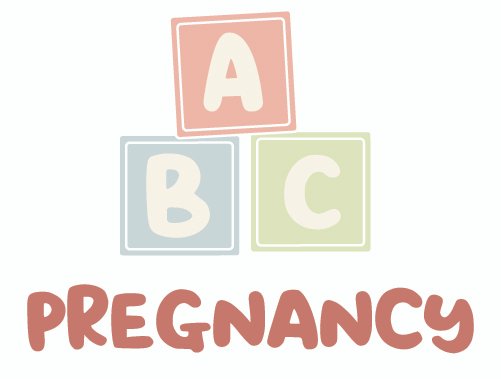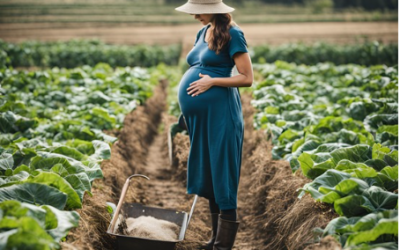COUNTRY LIVING: Homestead/Farm Life Pregnancy Considerations
Nutrition Tips for Vegans and Vegetarians
Keeping Your Plate Full and Your Body Happy This is not medical advice. Please consult a physician about any of your pregnancy questions and concerns. So, you’ve decided to go vegan or vegetarian. Maybe you watched a documentary and now you’re pretty sure that cows...
Pregnancy and Farm Life
This is not medical advice. Please consult a physician about any of your pregnancy questions and concerns. There is nothing quite like living on a farm. A city dweller could never understand how beautiful your day can be. From an outstanding sunset over a green...
Navigating Pregnancy on a Homestead
Preparing Your Farm for Your Hospital Stay: A Guide for Expectant Mothers This is not medical advice. Please consult a physician about any of your pregnancy questions and concerns. When one is expecting a child, every decision becomes significant,...
Preparing Your Farm for Your Hospital Stay: A Guide for Expectant Mothers
Understanding Your Farm’s Needs Before you can find someone to farm sit or before you can get an emergency caretaker, you must first create some sort of list for whomever will be taking over for you, while you are away. You may want to start your day...
Exploring the Farm: Engaging Your Newborn’s Senses
Exploring the Farm: Engaging Your Newborn’s Senses As a soon-to-be mom, you’re probably imagining the perfect outings with your little one. Perhaps you’re envisioning serene stroller walks in the park or introducing your baby to the magic of bedtime stories. But have...
Follow Us
Pregnancy Cravings
This is not medical advice. Please consult a...







